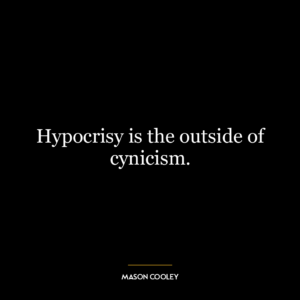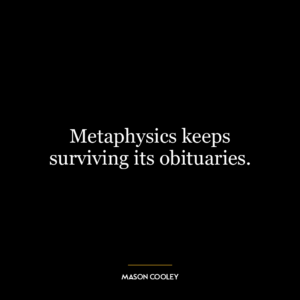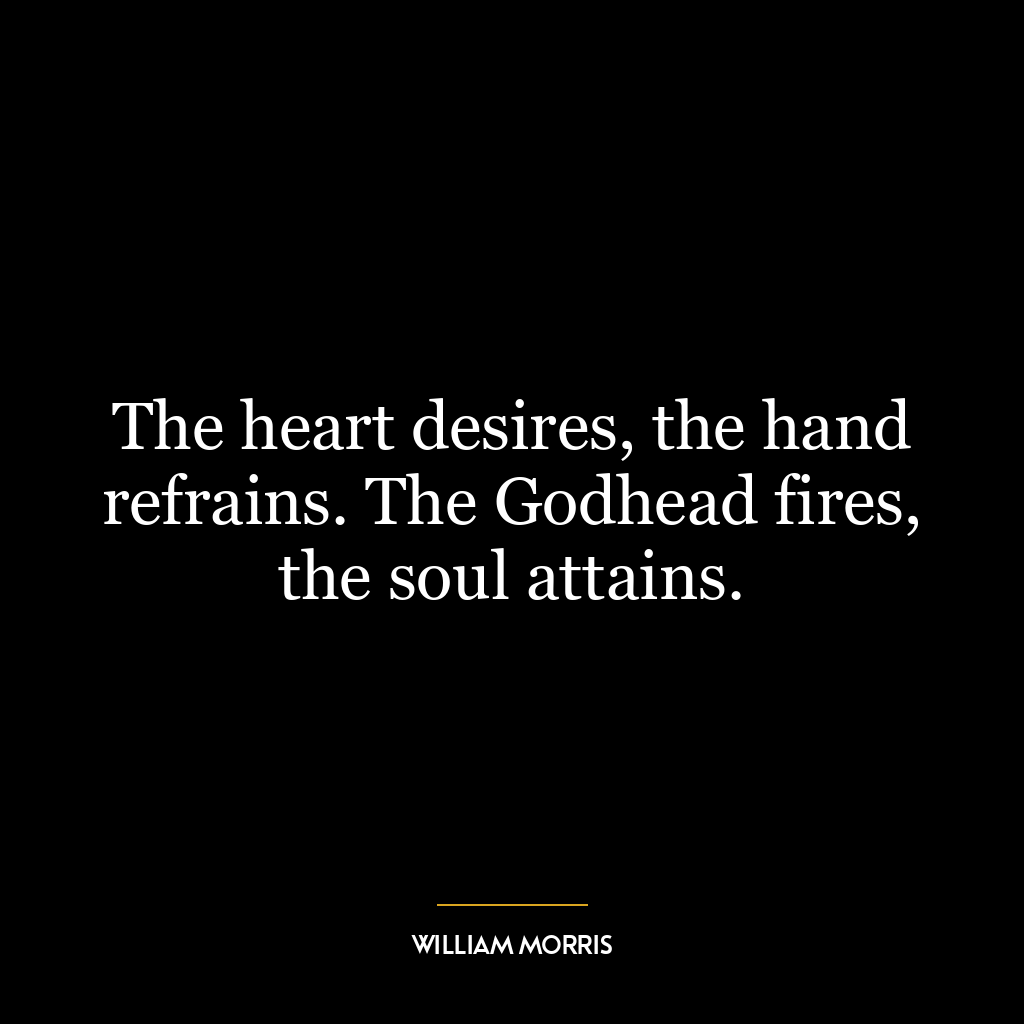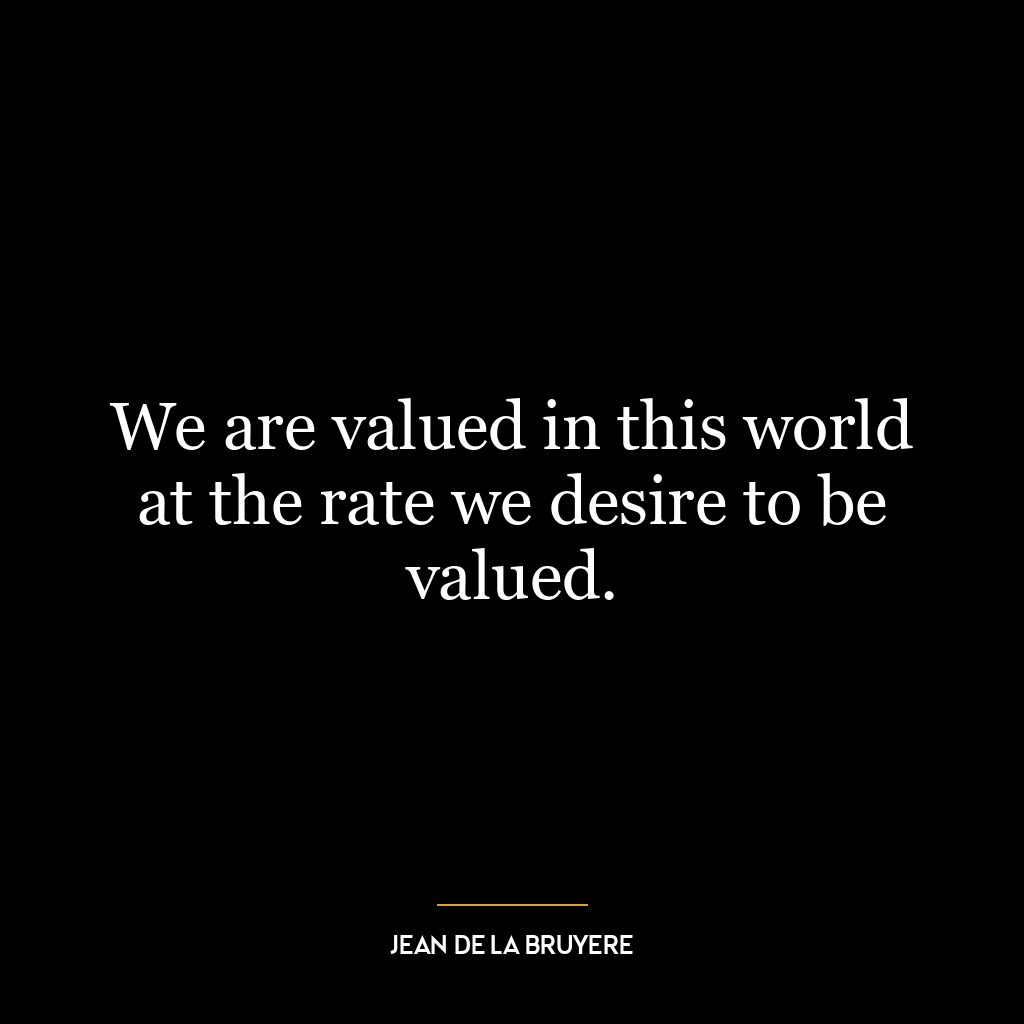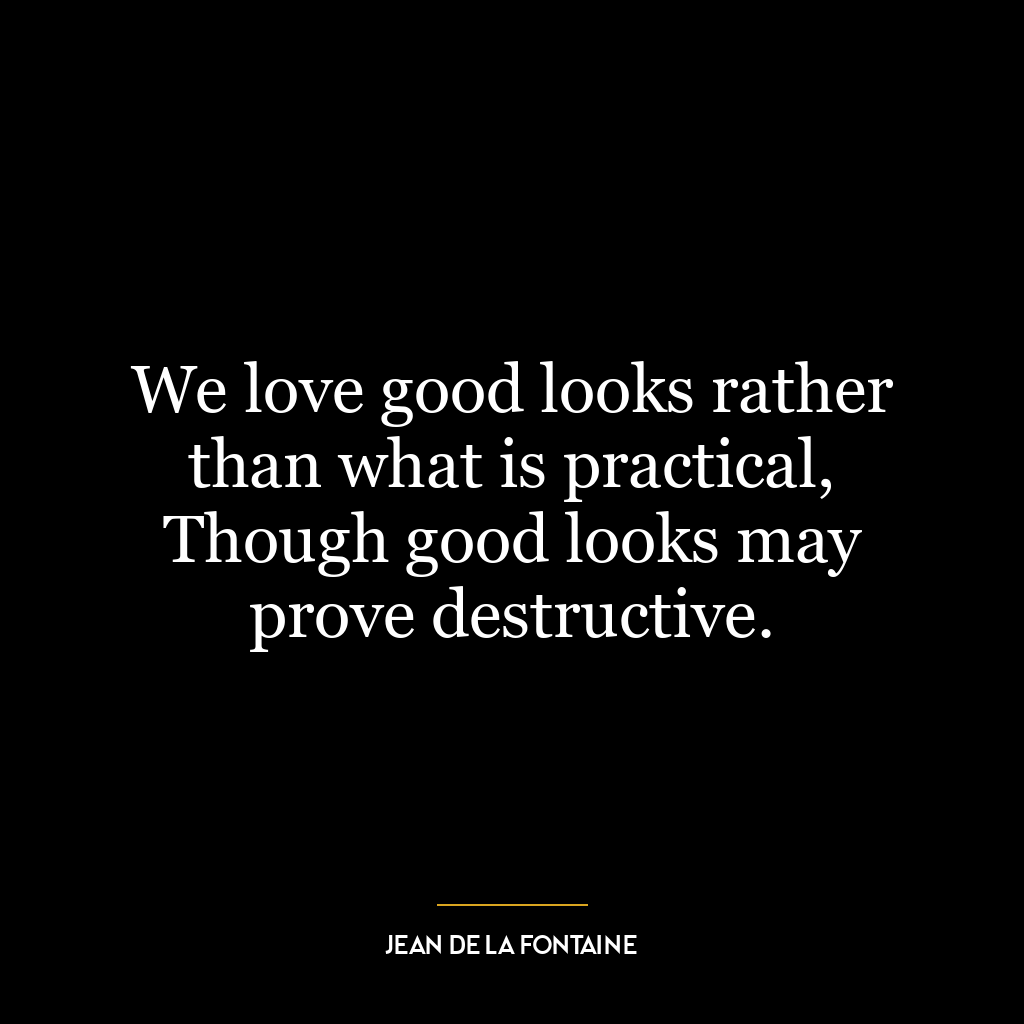Cooley’s quote, “Dreams are distorted representations of desire. So are dream-analyses,” suggests that both dreams and our attempts to interpret them are abstracted reflections of what we truly want or desire. Dreams, in their surreal and often confusing nature, take our subconscious desires and present them in a way that is not always straightforward or easily understood. Similarly, when we try to analyze these dreams, our interpretations too may be skewed by our personal biases, perspectives and desires.
This concept can be seen as a metaphor for how we perceive reality itself. Our perceptions are influenced by our personal beliefs, experiences and aspirations which might distort the actual truth or reality like a dream does.
In the context of personal development today, this idea emphasizes the importance of self-awareness and introspection in understanding one’s own desires and motivations. It suggests that it is not enough to simply have dreams or goals; one must also strive to understand what these ambitions truly represent on a deeper level.
For instance, if someone has recurring dreams about flying it could symbolically represent their deep-seated desire for freedom or independence rather than an actual wish to fly. However when they analyze this dream they might only focus on the literal aspect (flying) rather than its symbolic meaning (desire for freedom). This could lead them towards pursuing things like learning how to pilot an aircraft while ignoring their underlying need for more autonomy in life.
Therefore Cooley’s quote encourages us to dig deeper into ourselves – both through analyzing our dreams as well as reflecting upon those analyses – because they can provide valuable insights into understanding who we truly are beneath all distortions caused by external influences or internal biases.



